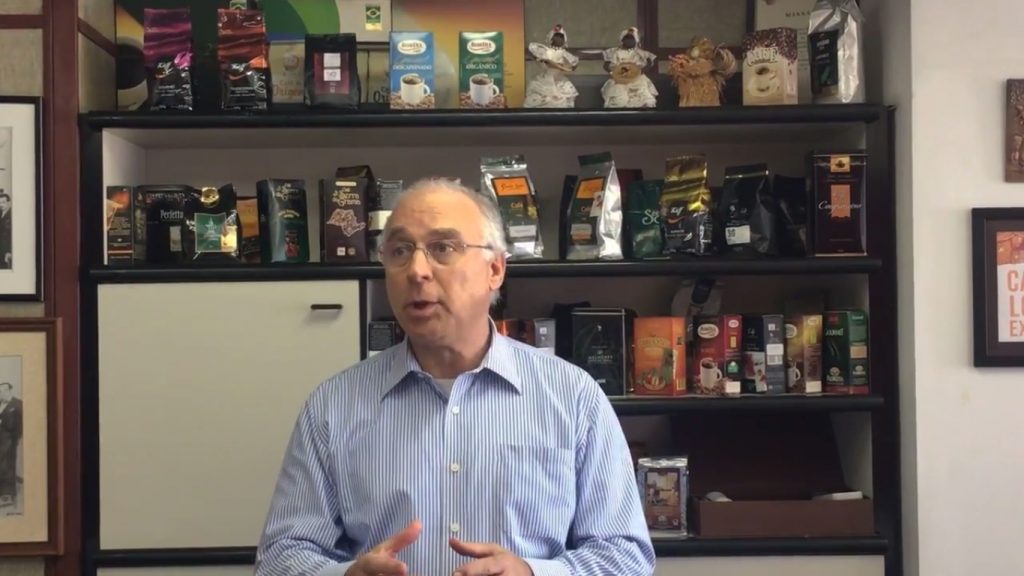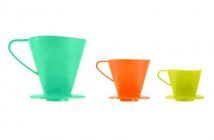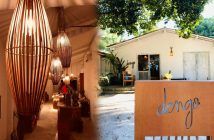Coffee capsules are an invention of this century to meet our increasingly need of practicality. It is true that the coffee drank in Brazil has improved and that the main manufacturer counts on a comprehensive recycling plan. But what about the remainder of the Industry? Grão Especial team talked to ABIC (Brazilian Association of the Coffee Industry) executive director and Sindicafé president Nathan Herszkowicz.
A survey ordered by ABIC to Euromonitor consultancy demonstrates that the market of coffee capsules has grown significantly in Brazil. “Capsules are still the smaller portion of coffee consumption in Brazil, for being a product with high added value. In 2016, it represented 0.6% in volume, of the total Brazilian consumption, which is 21 million bags of coffee per year. However, the projection for 2017 is the double: from 0.6% to 1.2% of the total market. In value, coffee capsules representativeness exceeds 10%, reaching, in some cases, 14%”, explains Nathan Herszkowicz.
With the breaking of Nespresso patent, earlier the only manufacturer of capsules, today, in Brazil, 100 companies manufacture them. That is, the business scaled up. The last to enter the wave are special coffee producers.
Reverse logistics
Nathan explains that there is a bill in the Congress intended to oblige the collection of coffee capsules in the whole country. “This is foolish, we can’t oblige, by force of law, the collection of capsules in the whole country. Look at our size!”, emphasizes Nathan.

(Nathan Herszkowicz, executive director of ABIC and president of Sindicafé)
The executive believes that reverse logistics will naturally evolve, due to the manufacturer awareness or technological innovation, like, for example, the creation of a biodegradable capsule. “It was recently announced that the green plastic, produced based on sugar cane cellulose, can already be used in coffee packages, which is a highly important innovation”, tells Nathan.
Nathan also explains that he has attentively followed the reverse logistics issue through FIESP Agribusiness department initiatives. “The most current stage was the presentation of a proposal to make a pilot, with two or three previously chosen municipalities, with collection structure, and then test the model in companies that process the waste with collectors. Nathan explains that this model must remain in test for two years, to start in 2017, but it still depends on some adjustments. In the first moment, small municipalities will be chosen, all of them near São Paulo. The project will work with a plan to establish collection points, for voluntary delivery, involving supermarket retail, distributors, packaging manufacturers, that is, involving the waste’s whole production chain. “All that will later pass through a concessionaire that will collect and take to accredited junkmen for selection”, he says.
But the ABIC director emphasizes that the solution to this problem also involves directly the consumer. “We need to create the habit of recycling in the citizen. Without the client engagement, the project won’t succeed!”, he concludes.
BSCA’s official position on recycling of coffee capsules
“As of the present moment, the BSCA (Brazil Specialty Coffee Association) has no official position regarding the recycling of coffee capsules or reverse logistics. The BSCA members’ specialty coffee production protocol has approximately 178 items, including environmental and social safeguards that are verified in onsite visits to the properties,” before the coffee is ready.
According to the director of BSCA, Marco Suplicy, in theory, it is possible to have a certified specialty coffee farm, with all good practices audited. Nevertheless, if in that given year, due to adverse climatic conditions, the farm fails to produce good coffee, it does not stop being certified. Instead, the property remains certified.
“What it cannot do is produce a batch with a minimum score to feature the stamp. The certified property is tracked, monitored and audited, but the seal is only awarded to these properties for coffees scoring above 80 on the SCAA scale,” explained Suplicy.



